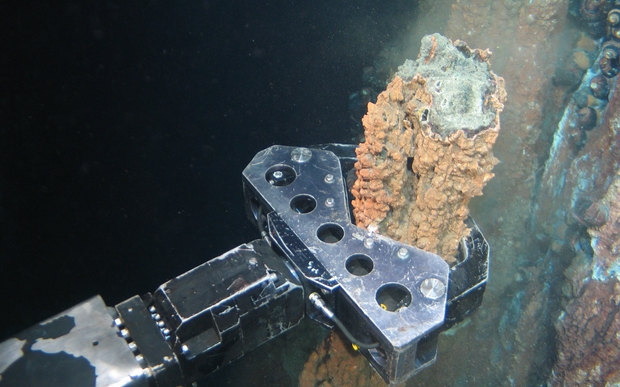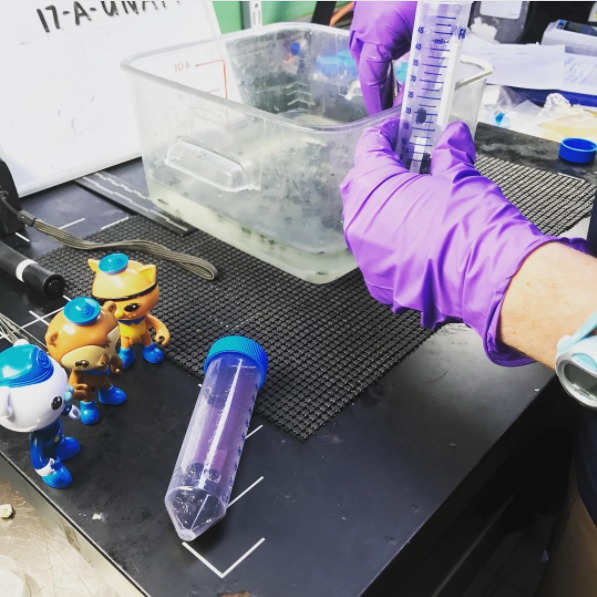
Fog Horn (A Call to Action)
- Science Communication folks! Are you ready for OceanDotComm? Register now!
Flotsam (what we’re obsessed with right now)
- Go shark diving with OpenROV Trident and maybe get a bit too close an personal with a great white shark.
- Yes, that is the esophagus of a great white shark, in the wild. No, you should not attempt to replicate this experience.

